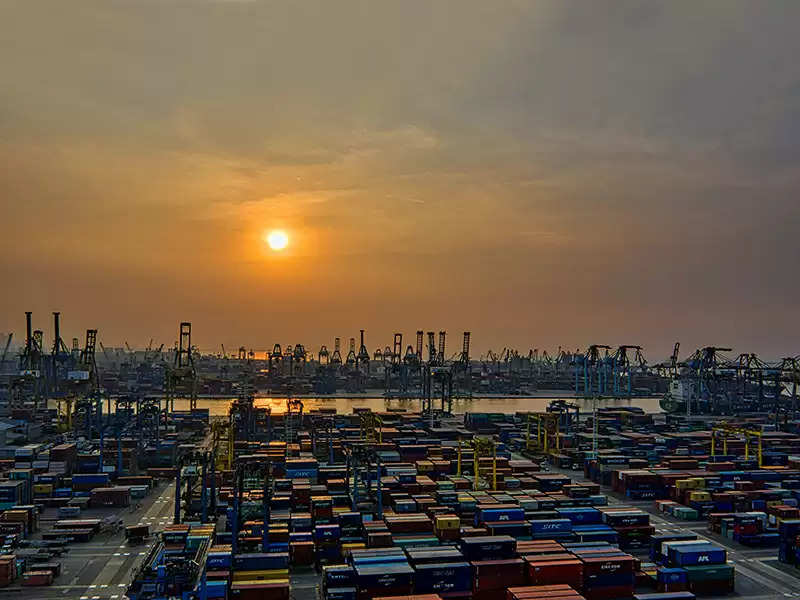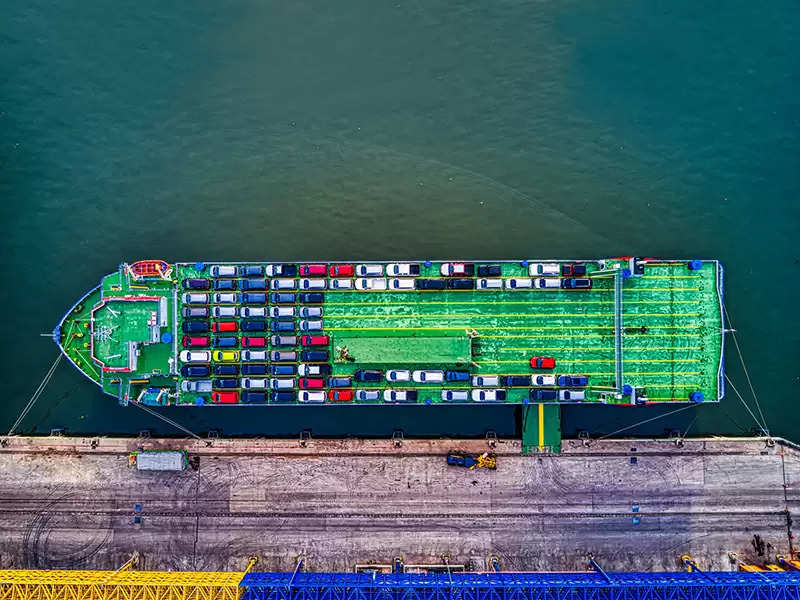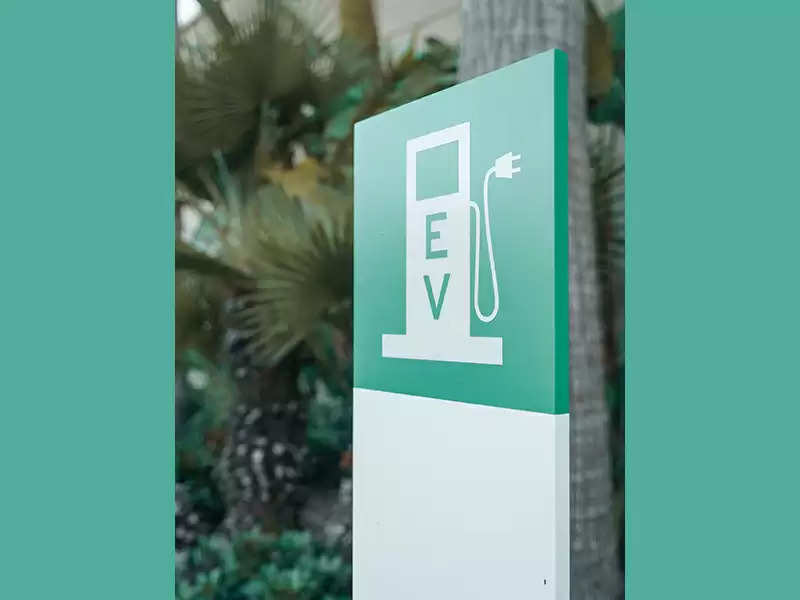Dubai: A Growing Automotive Hub in the Region
From its strategic location to its future-ready infrastructure, Dubai is being perceived as a key automotive hub for exports and re-exports of vehicles in the surrounding region
Dubai has been lauded for its concerted efforts towards helping its people achieve happiness and a sense of well-being, while caring for the ecosystem and protecting it for a better future. These very goals are the driving force behind the initiatives and strategies that are being introduced in the city. In doing this, Dubai has positioned itself as a role model for other cities and nations and is setting benchmarks for other countries to follow. From providing advanced technology solutions across sectors to modern infrastructure, connectivity and communication alongside various pro-business and future-forward endeavours, the city’s various efforts have made doing business, working, and living in the city an attractive proposition for most.

On the move
Among its various flourishing industries and sectors, the automobile sector is a thriving one and an important pivot for future growth, as Dubai is home to the global leaders in mobility and a leading hub for automotive vehicle export and re-export to the Middle East and North Africa (MENA) region. There are many reasons for this. First and foremost is its strategic location and proximity to surrounding countries—from the Middle East and Africa to South East Asia and India—followed by its advanced infrastructure, ease of doing business, conducive policies, available industrial space along with the existing local demand for luxury vehicles, which is only growing.

Already, many automotive giants are present here or establishing their presence here to cater to the growing—local and surrounding—demand for top-of-the-line automobiles. W Motors, for instance, with its headquarters in Dubai, is the first manufacturer of hyper performance luxury cars in the Middle East. Jannarelly Automotive is another leading Dubai-based manufacturer of cars. Jebel Ali Free Zone (JAFZA), a provider of sustainable industrial and logistics infrastructure solutions, has been serving global automobile giants with its automotive logistical solutions as well. As per reports, the Middle East is expected to have around 27,000,000 vehicles by 2023, which will include 18 million cars and 9 million commercial vehicles. The requirements for car accessories, spare parts and services are also expected to rise in tandem, making Dubai a vital link for automobile companies keen to access these surrounding areas.
Dubai Industrial City’s proximity to Jebel Ali Port and Al Maktoum Airport helps it serve as a cost-effective gateway to access about two-thirds of the world’s population in a matter of eight hours which has helped position the city as a vital link for many automotive companies to export cars to nearby regions. It also offers ample space for vehicle storage and a steady supply of spare parts.
UAE’s low import and fuel costs, conducive tax regime and high disposable incomes have also helped strengthen the automobile sector and encourage global giants to set up shop here and manufacture in the country. The government has also been encouraging research and development with regards to autonomous or driverless vehicles, smart and eco-friendly alternatives, for instance, hydrogen, natural gas and hybrid vehicles.
Green mobility
Sustainable business practices and alternatives are the future, and when it comes to the automotive sector, the UAE is already a step ahead with its exploration of EV and autonomous vehicles and other alternatives. In line with its goals to reduce carbon emissions, the UAE has been significantly promoting electric vehicles in the country by cutting back on their prices and other charges.

Electric vehicles operate on an electric motor and emit no pollutants thereby making them better for the environment. The country is believed to have the largest number of EV charging stations in the world. These measures are in line with UAE’s Net Zero 2050, which aims to make the UAE the first in the region to be emission free by 2050. In Dubai itself, about 300 green EV charging stations have been set up, in line with Dubai Electricity and Water Authority’s EV Green Charger initiative, to facilitate and encourage the shift to these vehicles.
By 2030, the city is expected to have electric, or hybrid cars constitute about 10 per cent of its total car population. To achieve this, the city has invested heavily in infrastructure and is offering discounts, exemptions, and free parking to promote the usage of electric cars. The country has also been exploring hydrogen and semi-autonomous self-driving vehicles. The Dubai Autonomous Transportation Strategy also aims to make 25 per cent of all transportation in Dubai autonomous by 2030. This will reduce transportation and pollution costs while increasing savings and productivity.
Disclaimer: This article is a part of featured content series on Business in Dubai



